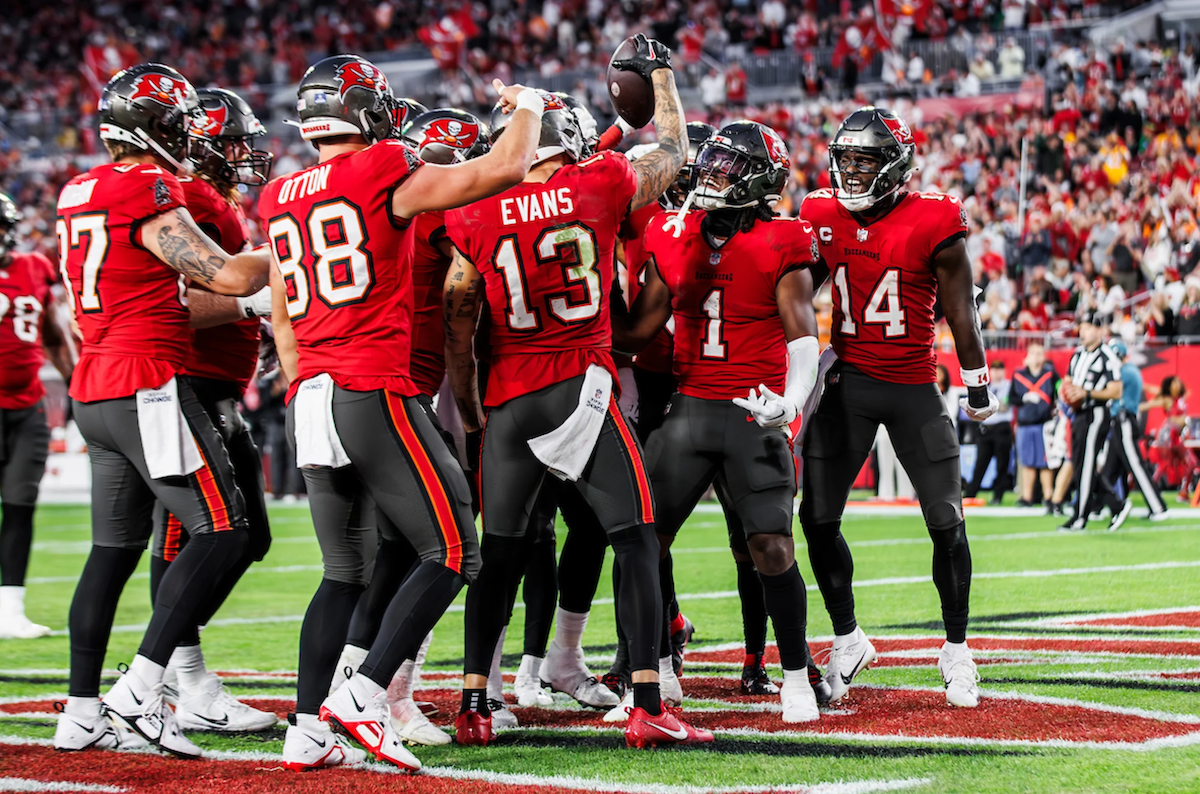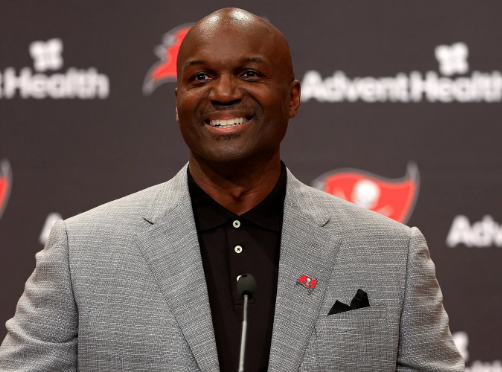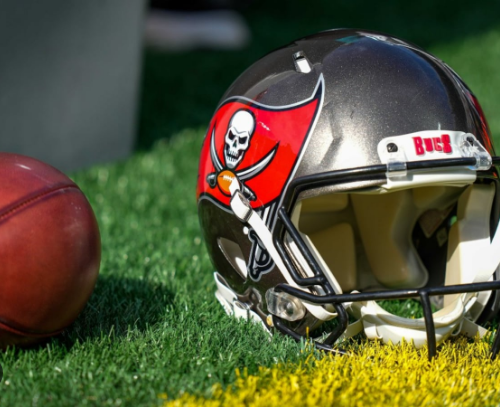A federal jury ruled last week that the NFL violated anti-competition statutes by pooling teams’ individual media rights and raising NFL Sunday Ticket costs from 2011 to 2022. The lawsuit claimed that the league violated antitrust rules by selling the package at an inflated price and exclusively distributing it through one carrier, with Sunday Ticket previously available only through DirecTV.

The $4.7 billion in damages is divided into two groups: 2.4 million individual customers and over 48,000 enterprises (including bars and restaurants that paid for the package). Is there a catch? As with all complex legal proceedings in the United States, the wheels of justice move slowly. Though the final decision may take some time, here are several major lessons from the court’s ruling.
First, the obvious: this case will be appealed, most likely several times or in multiple jurisdictions. In the best-case scenario, there is little to no chance of another significant update to the case in 2024. Courts work slowly, and while the mainstream media may not always be honest about it, powerful individuals and corporations have the potential to drag out litigation for years. The most likely consequence is that there will be no “final” outcome for a long time; yet, it is critical to keep sports fans informed of these decisions.
A big complication, which I recently discovered, is that under federal antitrust (anti-competition) rules, damages in this type of action can be TRIPLED, resulting in the NFL’s total culpability in this matter being more than $14 billion. This is where the Buccaneers (as well as the Jaguars and Dolphins) are most directly impacted.
These damages would be distributed evenly among the 32 current organizations. This comes to $441.3 million per club. “Why”, you may wonder. In a nutshell, each team gives the NFL permission to promote (sell) its television rights to third parties. This ensures that fans living outside of the team’s home city may still watch their favorite team on Sundays. This makes them liable for a portion of the damages. It’s a very expensive case of guilt by association.
The Glazer family, who control the Buccaneers, is not known for their lavish spending. They are hardly the most frugal team in sports, but they are renowned to spend conservatively. While this is not a “option” because all teams must pay when the final adjudication is reached, it may have an impact on the team’s financial decision-making in other areas. One may argue that owners of NFL clubs who aren’t exactly national box-office behemoths may choose to cut spending across the board once payment is received.
Hypothetically, it stands to reason that reducing spending could have an impact on the product that is released into the market. High-level acquisitions or re-signings could suffer, as could facilities, staff wages, and a slew of other departments that billionaire owners MIGHT decide aren’t worth the most investment.
If it isn’t evident, the most pressing problem there is potential compromises to team construction and player acquisition. There are numerous examples of sports team owners unexpectedly reducing on-field spending due to financial obligations off the field. See the Dallas Cowboys.
However, in the NFL, there is no rational basis for such cuts, as I will explain. The ordinary football fan is a casual fan who is unlikely to be familiar with the salary cap. The NFL wage cap (the maximum amount that teams may pay their entire squad each year) has reached a new high of $255.4 million. A quarter-billion dollars is a lot of money, right?
Do you know where the teams acquire their annual player salaries? From the NFL. That’s true, every year, the league pays each team’s payroll cap, and no money comes from the owners’ bank accounts. It is paid to them in exchange for committing the same media rights that are the subject of this litigation. There is no basis for a team to change its approach to acquiring and retaining talented players as a result of this verdict.
Some owners will absolutely try to do this, and the sports media must hold them accountable when and if this occurs. It is critical to clarify that I am not implying that the Glazer family will do so in Tampa, but I would certainly pay attention to it. Be cautious as a fan, but also fair.
With that stated, there is still a long journey ahead. The case will be appealed to the 9th Circuit Court of Appeals first, and maybe to the Supreme Court later. Payment of damages, adjustments to the Sunday Ticket, and how and where the NFL offers Sunday afternoon games will all be postponed until the appeals process is completed.
Thank you for getting your sports news at Sports Club Florida! Follow your favorite Florida teams and athletes here. Make sure to check out some of our other excellent contributors for extra information on your favorite Florida teams.



